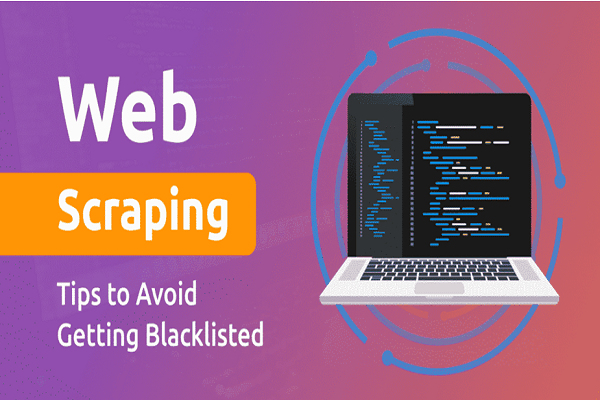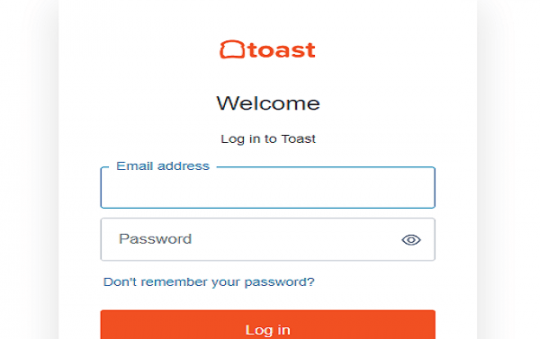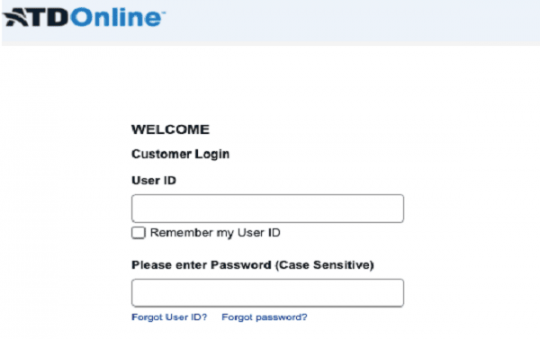If you are using a site like Google, which is famous for providing links and information about the worldwide Web, you can’t escape being on a “blacklist”. The phrase is used when a person or company wants to limit access to a particular site. For example, if a person wants to browse a specific Web page, they might submit a request to get to it, but their request will be denied if they happen to be caught doing so. This is possible because the Webmaster has blocked the person in their “scraping” list or unwanted visitors to their site.
Contents
ScrapBook
So, how do I avoid being blocked while using a site like Google, which is a popular search engine? This is relatively easy to answer… if you never want to be secured while online. That’s a big challenge, which many people don’t understand. If you are using a Web scraping API free, like most of the ScrapBook tools, you won’t have any control over what pages your ScrapBooked material ends up in. Many people get very frustrated with this because they think they are supposed to “share” the information they scrape with everyone else… but that’s not true. The information is not meant to be shared.
The information will still be on your computer, and anyone who reads your computer can read your web page. It’s only a website that’s going to display to the public, and any information hidden on a web page is not supposed to be shown to anyone. So when you use a free ScrapBook tool, don’t think you are entitled to display your web page anywhere you want to. If you believe that you can “scrape” or obtain someone else’s web page, then that is entirely wrong. The only way that you will “scrape” information from someone else’s website is by using their URL directly or using the link that they provide for the page.
Search Engine
If you do that, you can be sure that the information will not remain private, and nobody else will be able to see it. This is different from when you visit a public website, where you might think that if you follow the link to the site or use the search engine, nobody will ever find your website. But the fact is, you do not have control over the search engines or the URLs that you use. If you use an unscrupulous Web scraping tool, the information that you scrape will be made available to people who visit those search engines. If the Web site has anything to do with your particular case, you could be in serious legal trouble.
Public Website
When you visit a public Web site, what you are doing is simply seeing the Web site. You’re not “scraping” the information from the page, or the domain name, although that is an option that some people prefer. What you are doing when you visit a public Web site is reading the text of the website itself, and you’re not viewing any of the images, video, or other elements of the website.
Online Marketing
So how can you avoid being blocked while scouring through the Web for information? Well, you can make sure that you are exploring for information on the particular domain name that you want, instead of information about the specific website that you want. For example, if you are interested in learning more about online marketing and type the words “online marketing” into a search engine, you are likely to get a list of Web sites related to that term. If you happen to look at the “About” or “Contact” page of one of those sites, you might be able to find the contact information that you need there. This makes it much easier to type in words “online marketing” into a search engine and get back the list of Web sites that you want.
Also read: How does Link Affect SEO?
Legitimate Information
In addition, if you find that you are looking for legitimate information, such as product or service reviews, you may have some luck in finding the information that you need on the site. However, since search engines often send all of the random search results to their Websites, you won’t necessarily know which site is legitimate. That is a scam, especially if the results come up after searching for something particular. This means that it can be challenging to determine how trustworthy the info that you get is.
Final Step:
The best way to avoid being blocked from a website is to make sure that you do your homework first. Check the About Us and privacy policies of the websites you are interested in before giving them your personal information or financial data. If you are doing a voluntary search, you are not making money off the website by selling information. You will at least have the vaguest idea of what the news is about without having to worry about being blocked. If you have to opt-in to get information, however, then you are probably dealing with a scammer and should report the website to the Better Business Bureau or an online forum where you can tell other people about the website. If you are constantly getting hit with unwanted spam messages or pop-ups, you may want to report the website and get in touch with the website’s owner for privacy reasons.




